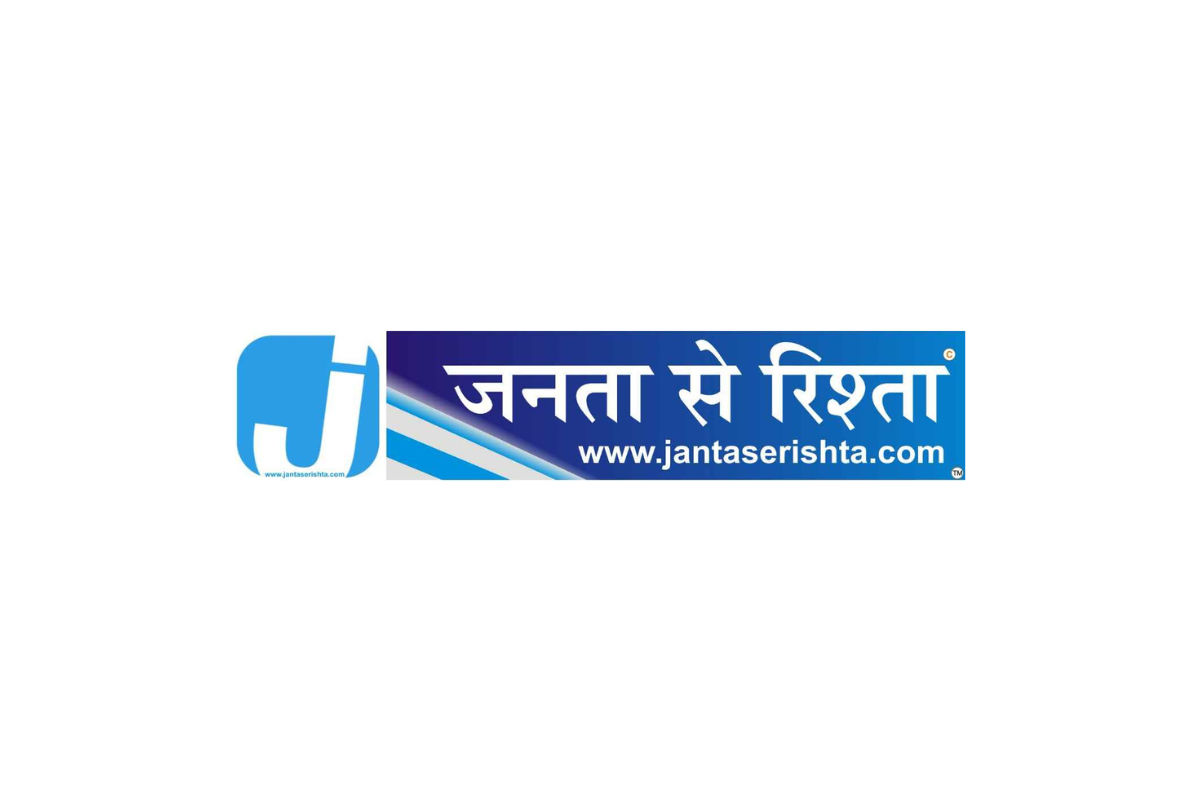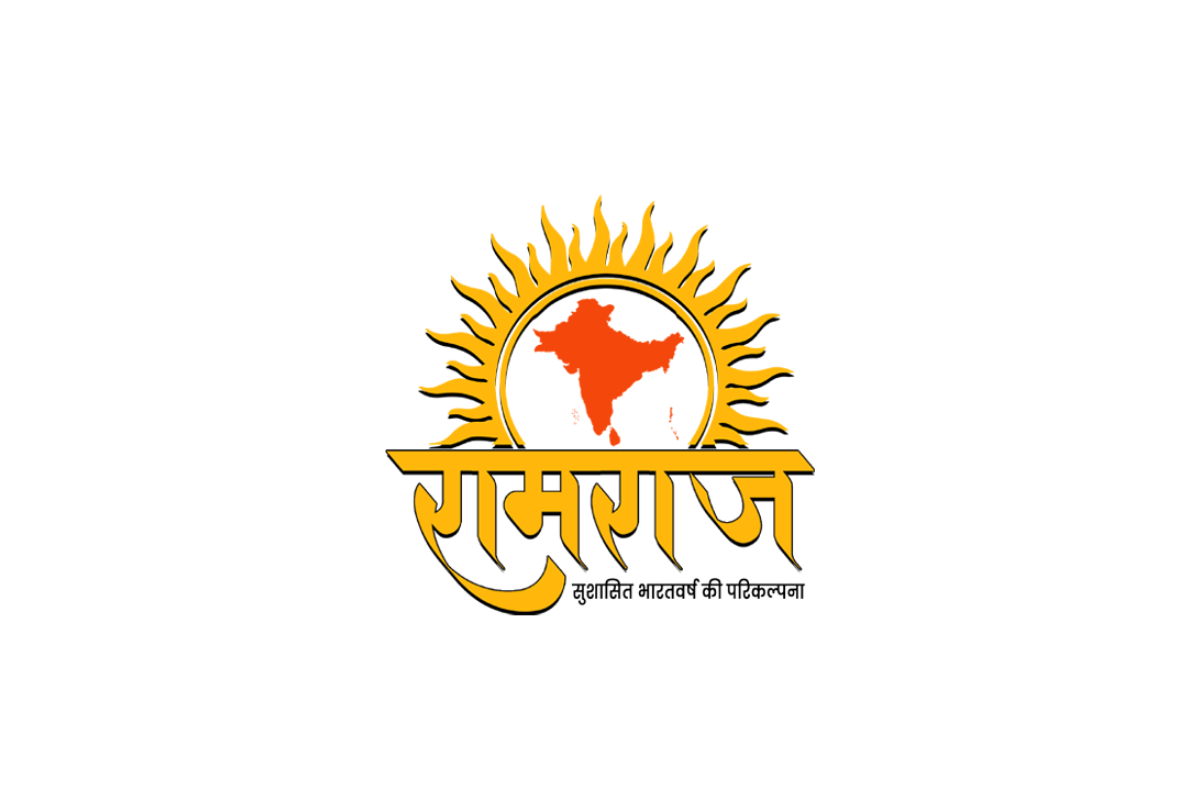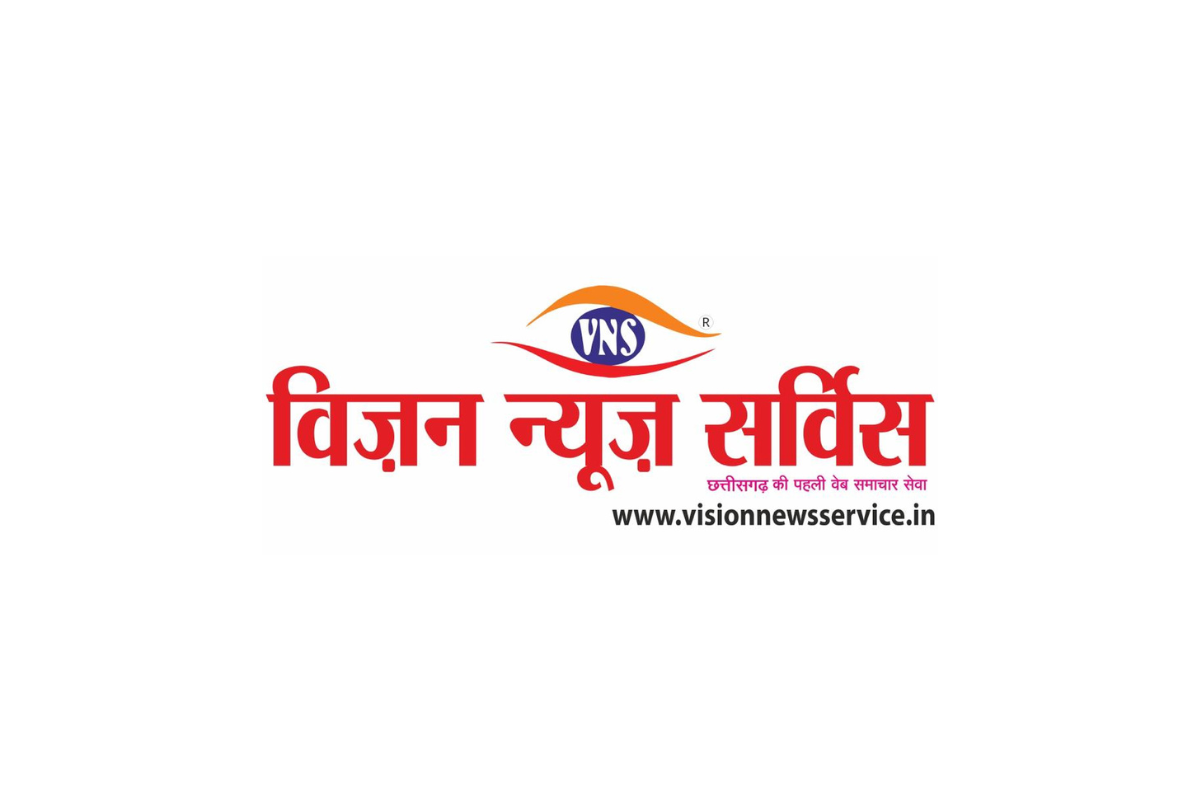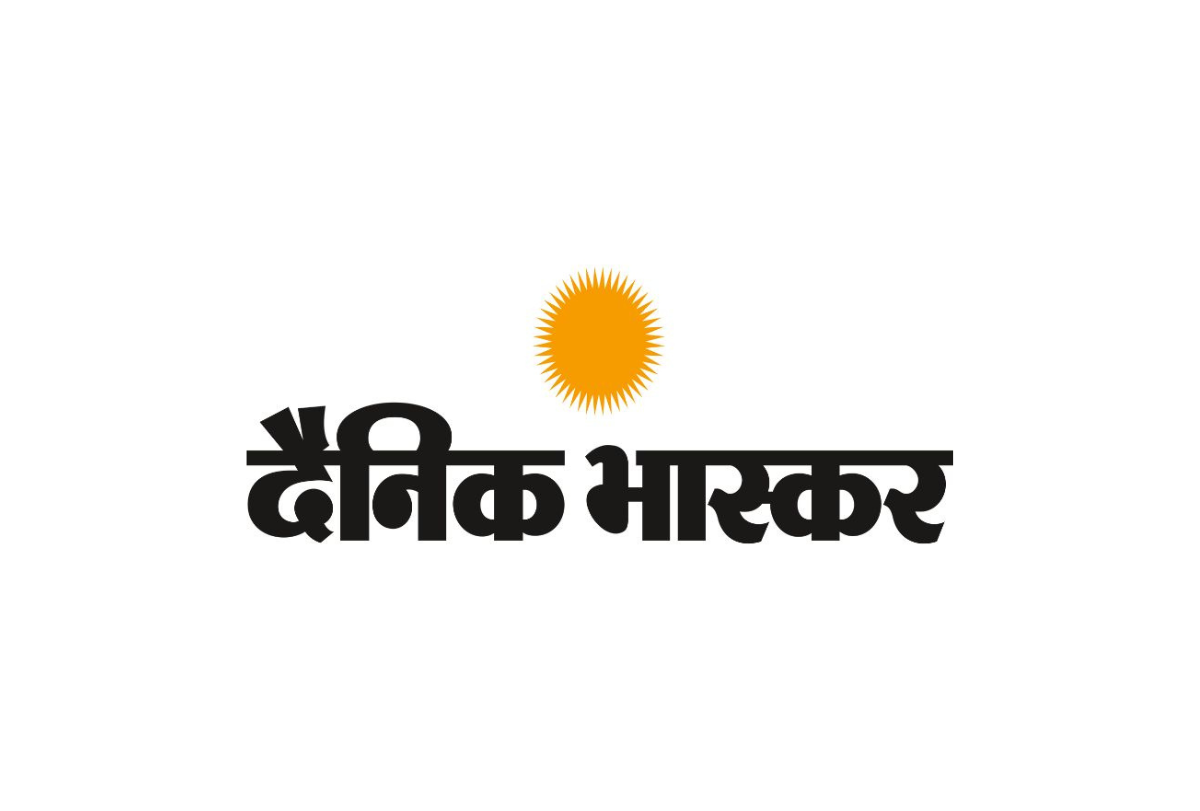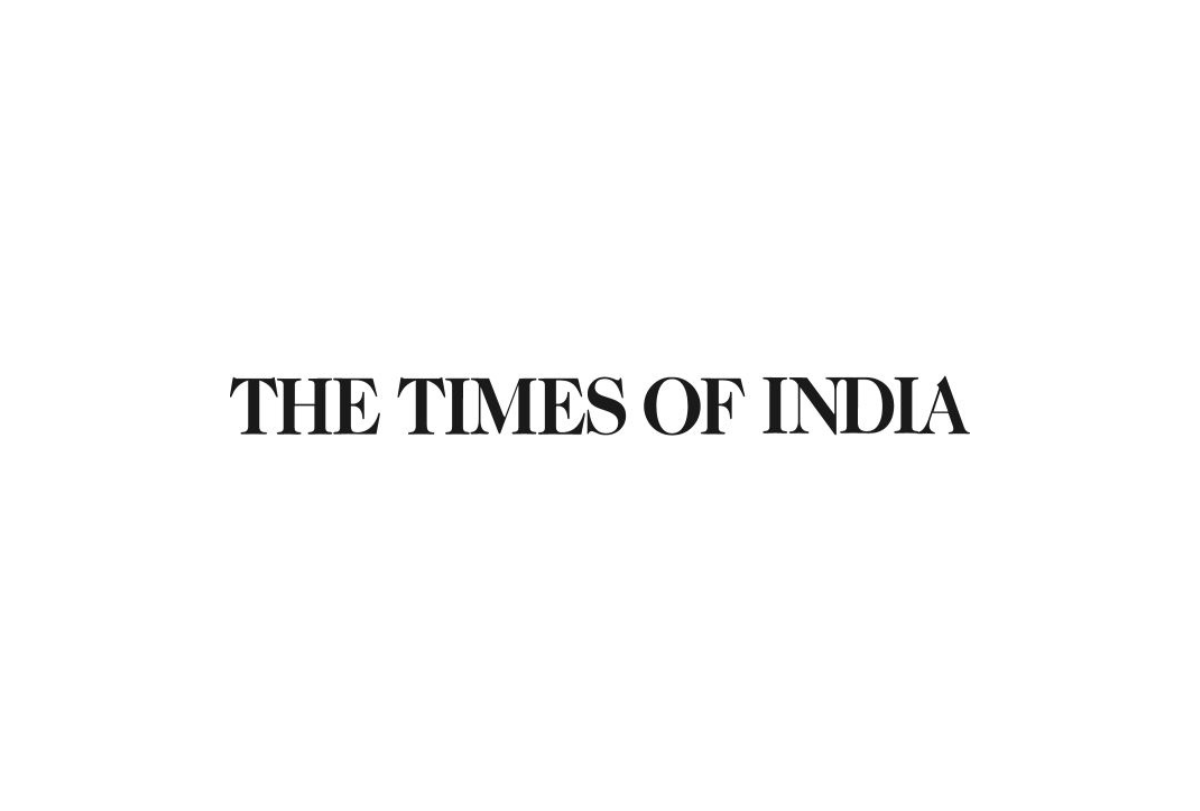NEW DELHI – Manju Devi suffered in pain for two months last year as she worked on a farm near Delhi, unable to break away from duties that sometimes had her standing for hours in the waist-deep water of a rice paddy, lifting heavy loads in intense heat and spraying pesticides and insecticides. When that pain finally became too much to bear, she was rushed to a hospital.
The doctors’ verdict: Devi had suffered a prolapsed uterus and would need a hysterectomy. She hadn’t said a word to her family about her discomfort because of societal taboo over discussing a “women’s illness,” and with two grown children and three grandchildren looking to the 56-year-old widow to help put food on the table, Devi had relied on painkillers to stay in the fields.
“I endured excruciating pain for months, scared to speak about it publicly. It shouldn’t take a surgical procedure to make us realise the cost of increasing heat,” she said, surrounded by women who told of undergoing a similar ordeal.
As the annual UN-led climate summit known as COP is set to convene later this month in Dubai, activists are urging policymakers to respond to climate change’s disproportionate impact on women and girls, especially where poverty makes them more vulnerable.


